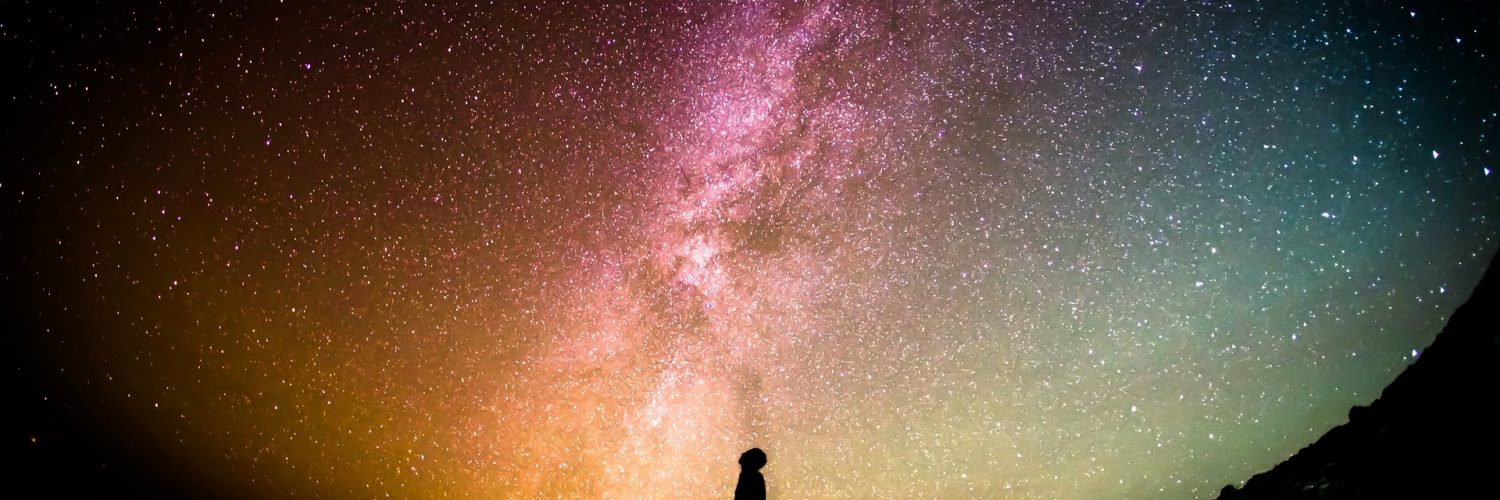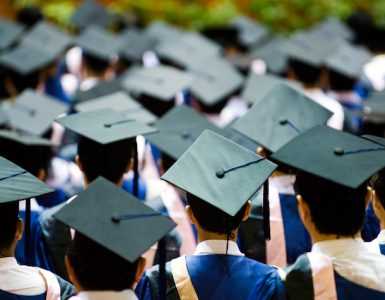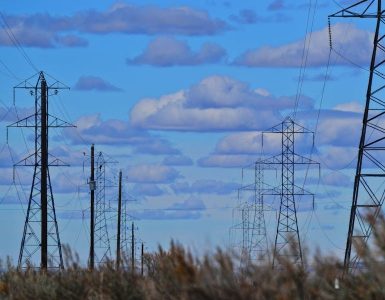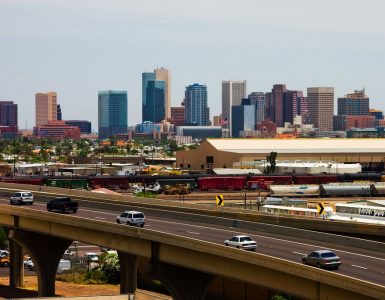Arizona State University has created a program that attracts space-exploration-minded college-level science and engineering students and leads them on a path to join the aerospace industry.
NASA has funded ASU’s L’SPACE program at $5.04 million for three years.
L’SPACE or the Lucy Student Pipeline Accelerator and Competency Enabler is a student collaboration part of the Lucy mission. Named after the early hominid fossil, the mission will sample Jupiter’s Trojan asteroids for a better understanding of what the early building blocks of planets may have been.
“The idea behind the L’SPACE program was to have a mechanism in which we could take students that are already in STEM degrees and be able to give them a space in which they would be able to apply what they’re learning…[in] an experience that is not cookie-cutter, that allows them to work in teams, to be innovative, to have a chance to try out and bust boundaries,” L’SPACE lead Sheri Klug Boonstra said.
The L’SPACE program, which is part of the School of Earth and Space Exploration, has interlocking elements including the ASU Space Works Program and the virtual academy.
ASU Space Works engages STEM students enrolled at ASU through multi-semester capstone courses centered on students creating, building and testing mission concepts.
“They get hands-on experience in terms of the way that they come together blending disciplines of science and engineering… We’re really trying to give them a workforce experience that’s going to be much more realistic to what they’re going to be doing,” Boonstra said.
L’SPACE Virtual Academy is roughly the same but online and student teams spent 12-weeks dealing with engineering constraints, budget challenges, design reviews, deadlines for deliverables and uncertainties regarding scientific return.
“A lot of teaming these days is not co-located. You’re working across time zones, you’re working across different groups, different cultures, all those types of things,” Boonstra said. “In the virtual environment, instead of physically building things like they’re doing here, the students take a concept, come together as a team and mature it into a place that is ready to be reviewed by experts.”
According to Boonstra, L’SPACE gives students the chance to practice core needs that the industry has so that they are immediately productive after being hired. The number one need expressed by aerospace companies is an individual’s ability to work in teams effectively to be able to optimize projects.
“We give them hard projects and they do so amazingly well in terms of being able to wrestle down a hard concept and actually come up with a viable, cool solution,” Boonstra said. “To see them on the other side and see what they’ve accomplished and what it looks like is amazing. [By] getting them ready for the real world in terms of them stepping beyond their degree program, we’re starting to see a lot of students really get traction.”
For more information, click here.















Add comment